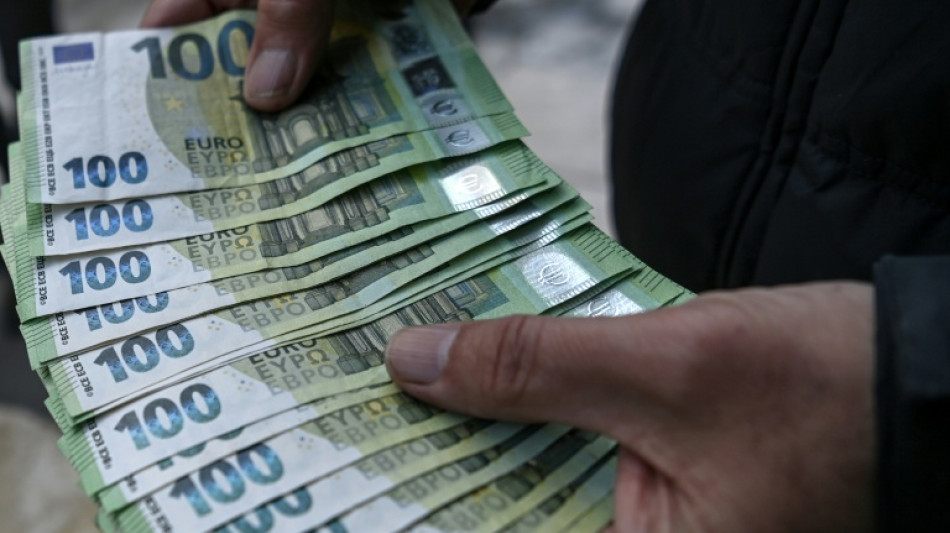
EU gives Germany free pass over defence spending

Germany will escape EU punishment for breaking the bloc's budget rules because of a defence spending exemption, the European Commission said on Tuesday.
Germany's public deficit is expected to be above three percent in 2025, but it will not be punished because it is "fully explained by the increase in defence spending", the EU executive said.
Under the budget rules, a state's debt must not go higher than 60 percent of national output, with a public deficit of no more than three percent.
But earlier this year, Brussels allowed states to splash out up to 1.5 percent of national output on defence for four years without fear.
Germany was among 16 states including Denmark and Poland to seek exemptions.
Berlin usually calls for budgetary discipline in the European Union but with Europe facing greater threats from Russia and fears of the bloc falling further behind China and the United States, it has itself pivoted on spending.
German Chancellor Friedrich Merz this year relaxed strict debt rules and unleashed a spending blitz on infrastructure and defence in a bid to revive the eurozone's traditional powerhouse after two years of recession.
Now the commission said it expects Germany's deficit -- the shortfall between government revenue and spending -- to reach 3.1 percent this year.
While Berlin was set to escape censure, Brussels said it will formally propose opening an excessive deficit procedure for Finland because its deficit is also higher than the rules allow, and it is only "partly explained by the increase in defence spending".
The EU has already opened similar procedures against Austria, Belgium, France, Hungary, Italy, Malta, Poland, Romania and Slovakia.
Such action kickstarts a process forcing a country to negotiate a plan with Brussels to get their debt or deficit levels back on track.
Meanwhile, France is respecting the commitments it made to Brussels to reduce its high public deficit, the commission said, although it added its "assessment is surrounded by considerable uncertainty".
France is under pressure to pass a spending bill by the end of the year to rein in its deficit and soaring debt, but efforts have been hampered by a political deadlock.
N.Johns--TNT